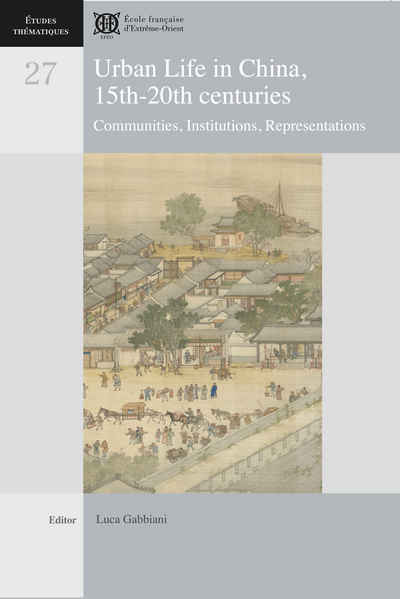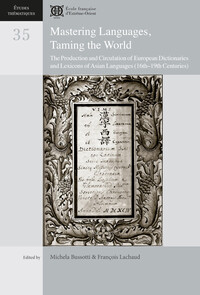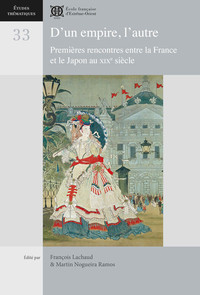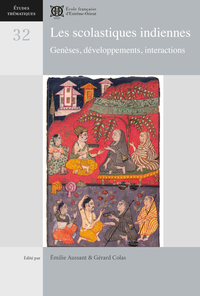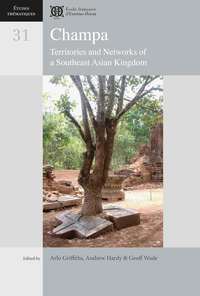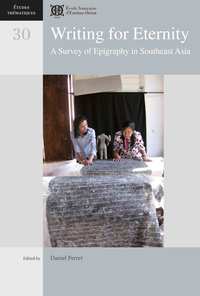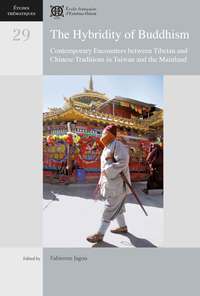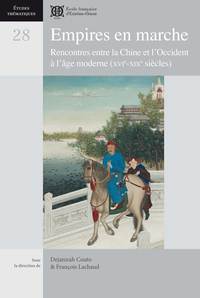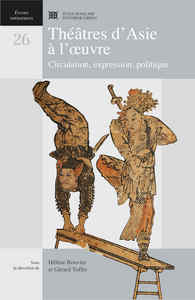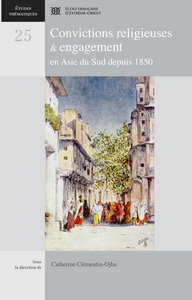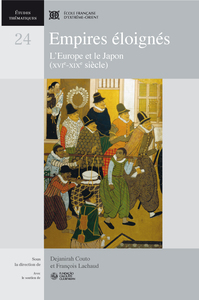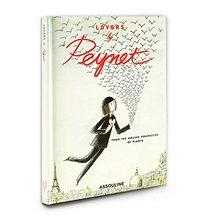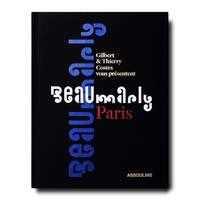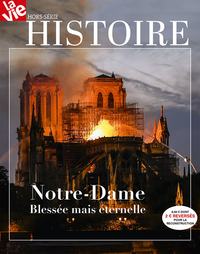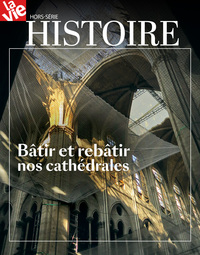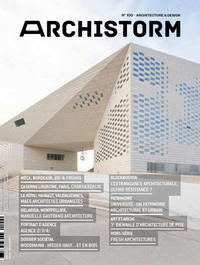Nous utilisons des cookies pour améliorer votre expérience. Pour nous conformer à la nouvelle directive sur la vie privée, nous devons demander votre consentement à l’utilisation de ces cookies. En savoir plus.
URBAN LIFE IN CHINA. 15TH-20TH CENTURIES. COMMUNITIES, INSTITUTIONS, REPRESENTATIONS
Efeo - EAN : 9782855391472
Édition papier
EAN : 9782855391472
Paru le : 3 juin 2016
45,00 €
42,65 €
Disponible
Pour connaître votre prix et commander, identifiez-vous
Notre engagement qualité
-
 Livraison gratuite
Livraison gratuite
en France sans minimum
de commande -
 Manquants maintenus
Manquants maintenus
en commande
automatiquement -
 Un interlocuteur
Un interlocuteur
unique pour toutes
vos commandes -
 Toutes les licences
Toutes les licences
numériques du marché
au tarif éditeur -
 Assistance téléphonique
Assistance téléphonique
personalisée sur le
numérique -
 Service client
Service client
Du Lundi au vendredi
de 9h à 18h
- EAN13 : 9782855391472
- Réf. éditeur : ET 27
- Collection : ET. THEMATIQUES
- Editeur : Efeo
- Date Parution : 3 juin 2016
- Disponibilite : Disponible
- Barème de remise : NS
- Nombre de pages : 360
- Format : 1.60 x 18.50 x 27.50 cm
- Poids : 880gr
- Interdit de retour : Retour interdit
-
Résumé :
China can boast of a long and time-honoured urban tradition, comparable to its Western counterpart. In an effort better to provide insights on the latest developments in the field of urban history in China, this volume gathers together twelve essays by renowned scholars of Chinese history. Each author offers an original perspective on city life in China and on its specificities, based on sources seldom previously tapped into to shed light on the urban phenomenon. The topics addressed in the volume include urban sociability, the role of religion in the economic life of cities, the representation and the visualization of urban space, the early rise of a city-centred consumer society, urban government in its institutional and legal dimensions, and the link between city, history and memory. In order to bridge the traditional divide between pre-modern and modern China, the essays gathered here span a period of five centuries, from the Ming dynasty to the early years of the People’s Republic. This “longue durée” standpoint provides an opportunity to observe changes and evolutions in time and to anchor them in the specific context of China’s multifaceted and intermittently tumultuous path towards modern times.
Sommaire / Contents
Connecting Urban Histories East and West
Luca GABBIANI
I. Cities as Space
A Late Ming Sociology of Urban Space
Siyen FEI
Building and Visualizing Cities: China, Europe, and the Islamic World, 1400-1800
Lillian M. LI
II. Urban Consumer Culture
Advertising Forms and Urban Consumer Culture in Early Modern China
WU Jen-shu
Gastronomy and Consumption in Eighteenth-Century China
Joanna WALEY-COHEN
III. Cities “Envisioned”
Gender, Memory, and Historical Judgment in Early Qing Yangzhou
Wai-yee LI
The Notion of Urban Culture in the High Qing: Itinerary and Topics in Yangzhou huafang lu
Lucie OLIVOVÁ
IV. Religion in the City
Temple Fairs in Beijing’s Tibetan Buddhist Temples during the Qing Dynasty
LAI Hui-Min
Temple Worship and Guilds in old Peking: A Case Study of Xisi’s Zhenwu Temple and its Associations, 1779-1952
JU Xi
V. Cities Administered
Death Penalty and Prison Life in Late Qing Beijing: Some Reflections on Comparative Historiography, Methods and Resources
Jérôme BOURGON
The “Municipal Turn” in Xinzheng China: Revolution or Continuity? The Evidence from Beijing
Luca GABBIANI
VI. Urban Forms of Sociability
A Comparison between two Places of Sociability in the Late Qing and Republican Periods: Opium Houses and Gambling Dens in Canton
Xavier PAULÈS
The Shops of Baochansi Street and their Pubao: Social and Business Interactions in Beijing’s Xisi Ward (1952-1954)
Christian LAMOUROUX
Bibliography
Index
Authors / Auteurs
Abstracts / Résumés

